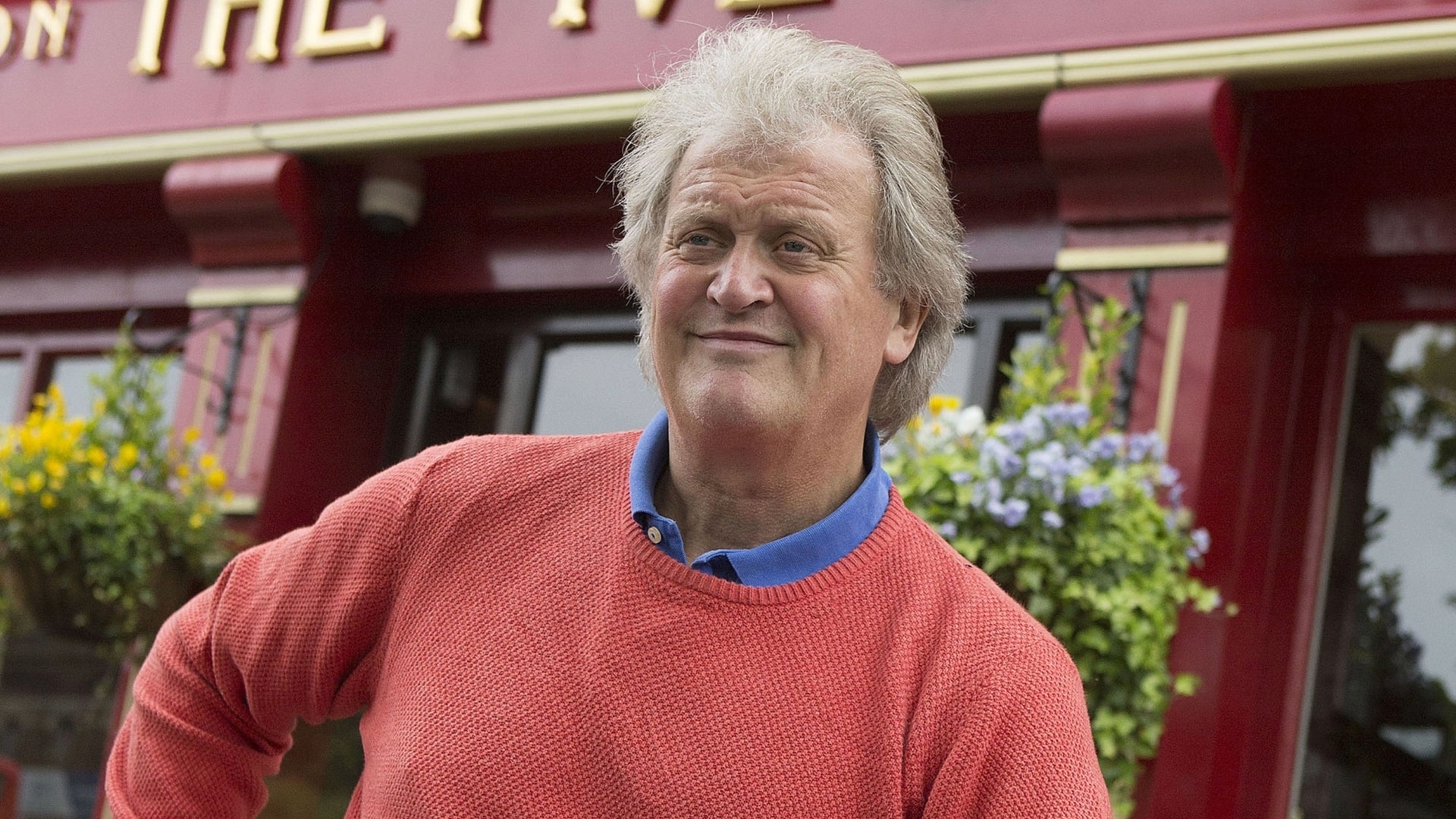Pricing jobs out of existence: Hospitality warns against 50p living wage rise
Posted by Emma on 28th Oct 2025 Reading Time:
The UK’s hospitality sector has sounded the alarm over reports that Chancellor Rachel Reeves plans to lift the National Living Wage by 50 pence in next year’s Budget — a move businesses warn could “price jobs out of existence” and push struggling operators over the edge.
Chancellor Rachel Reeves is expected to confirm a rise in the National Living Wage in her November Budget, part of Labour’s pledge to “raise the floor” for lower-paid workers.
The increase, expected to raise the hourly rate from £12.21 to around £12.70 in April 2026, would keep pace with the government’s target of maintaining pay at two-thirds of median earnings . The Low Pay Commission (LPC) has said it may need to climb as high as £12.86, depending on economic conditions — a level that industry voices say would hit employers hardest just as they face rising insurance, energy, and borrowing costs.
For a mid-sized restaurant employing 40 staff, the increase could add more than £40,000 a year to its payroll — before accounting for higher National Insurance and pension contributions.
Reeves is expected to frame the rise as part of her drive to “raise the floor” for low-paid workers, while also extending the living wage to those aged 18 to 21, removing what the government calls “discriminatory” age bands .

Kate Nicholls, CEO of UKHospitality, has urged the Low Pay Commission to take a “measured and sustainable” approach to any living wage increase.
But business leaders warn that the policy could have damaging side-effects. Kate Nicholls, Chief Executive of UKHospitality, said the sector is “already struggling to absorb the costs from last year’s rise in the living wage, two successive years of national insurance increases, and new statutory sick-pay obligations.” She added that “if you are pricing those jobs out of existence, it doesn’t matter how high the minimum wage goes — businesses simply can’t digest these costs.”
Sir Tim Martin, founder and chairman of JD Wetherspoon, accused ministers of an “unthinking retreat from market forces”, saying that the industry is being “squeezed between a doubling of energy costs since 2019 and a rocketing wage bill” . He warned that politicising pay and energy policy showed “a blissful unawareness of the long-term economic consequences.”
Martin highlighted a string of closures — including 60 Pizza Hut sites and several BrewDog bars — as evidence that hospitality can no longer shoulder simultaneous hikes in wages, taxes, and energy costs. Wetherspoon itself said changes to National Insurance announced in Reeves’s previous budget would cost it an extra £60 million annually.
Alex Reilley, Executive Chairman of Loungers, said that with living-wage rates up almost 30 per cent over three years, “another enforced increase to the cost base of hospitality is unsustainable and will result in more closures and job losses, further decimating our already-beleaguered high streets.”
Smaller employers share the concern. William Lees-Jones, Managing Director of JW Lees Brewery, said higher staff costs were already discouraging pub groups from hiring young people or offering apprenticeships. He urged the Treasury to scrap the apprenticeship levy to offset wage-related pressures .

JD Wetherspoon’s Sir Tim Martin argues that rising wage and energy costs are squeezing the life out of British hospitality.
The Federation of Small Businesses (FSB) called for the government to raise the employment-allowance threshold — the point at which employers begin paying National Insurance — to protect small firms from the full brunt of the increase.
Meanwhile, the Resolution Foundation and Institute of Directors have both warned ministers to “act with caution”, citing early evidence that youth employment rates in hospitality and retail are falling .
Hospitality remains one of Britain’s most labour-intensive industries, employing over 3 million people and contributing around £93 billion to the economy. Yet with shrinking margins, wavering consumer confidence, and rising overheads, businesses say the sector is close to breaking point.
A 50p rise in the National Living Wage may appear modest in political terms — but for operators on the brink, it could be the difference between staying open or closing their doors for good.

Alex Reilley, Executive Chairman of Loungers, warns that another steep rise in the National Living Wage could push more high-street operators to breaking point.
As Reeves finalises her November Budget, one question dominates:
Can the government truly raise the floor without breaking the foundations?



